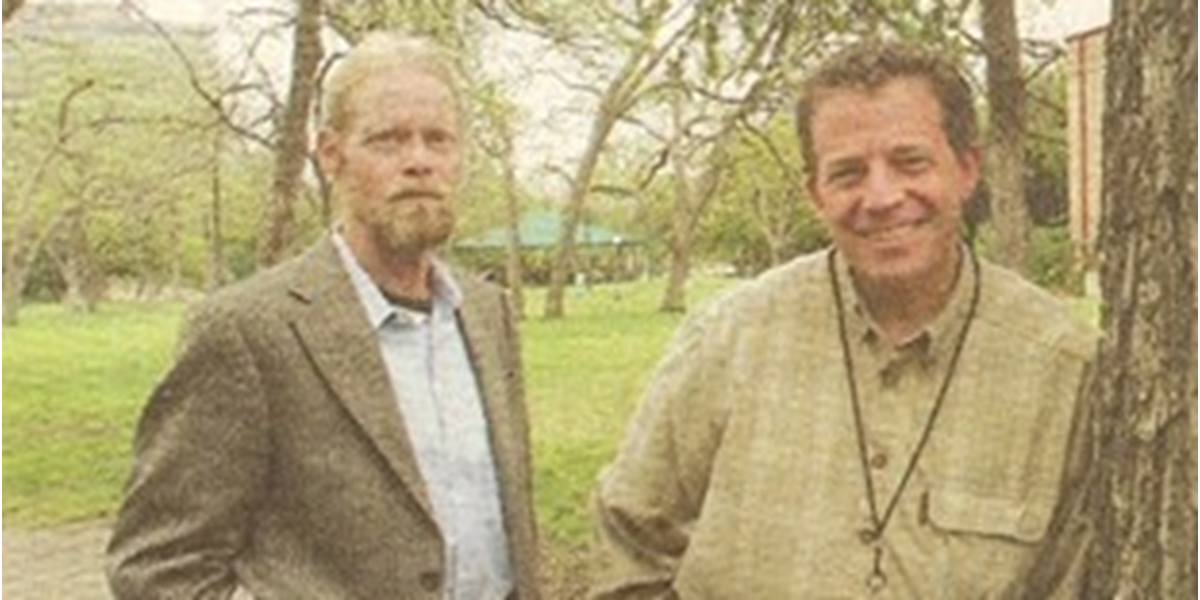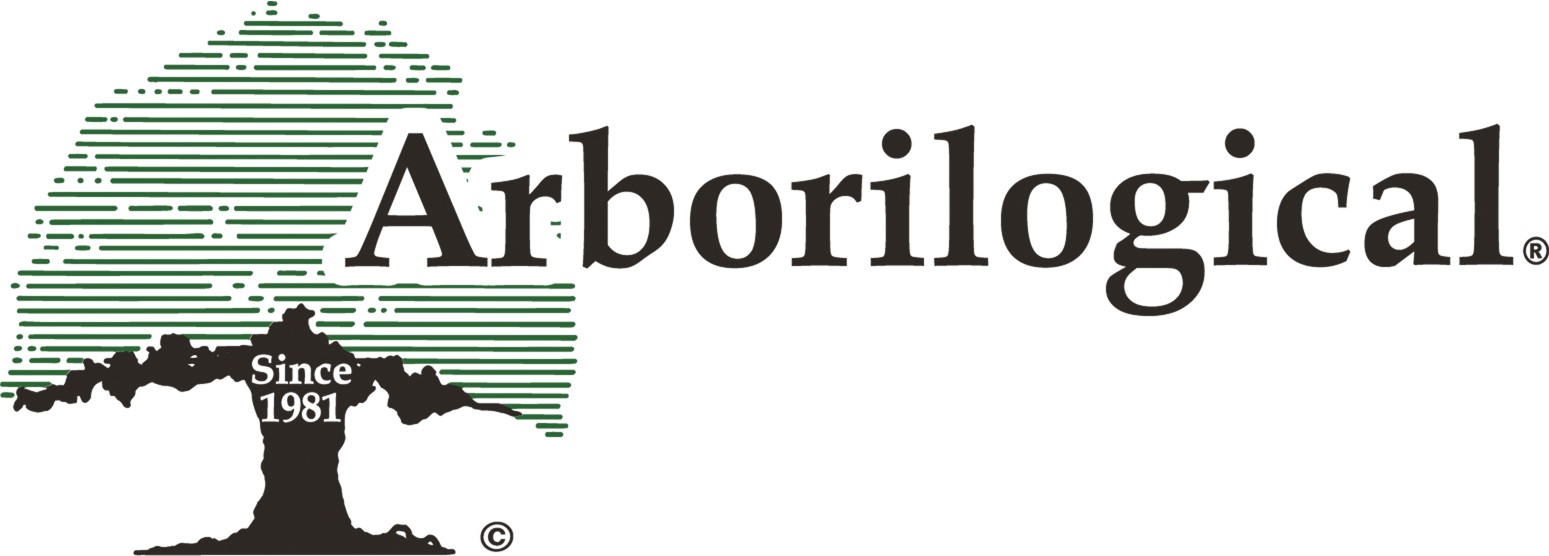

Published April 15, 2007 By BOB MILLER
Steve Houser's calling fits him to a "T" -- actually two Ts, as in trees and tenacity.
An arborist with more than 25 years' experience, Mr. Houser waged an impassioned campaign for the Dallas Urban Forest Advisory Committee that was finally approved by the Dallas City Council in December 2005.
"I was trying to say, 'Wake up; you have a tremendous asset worth billions,' " he said, referring to our area's trees.
For starters, "we have the largest urban hardwood forest in the country," the Great Trinity Forest.
To help make the case for creating the committee, Mr. Houser cited such cities as Chicago, Los Angeles, Houston, Phoenix, Boston and Washington, D.C., that have accepted that "trees are a vital and significant component of the urban infrastructure."
In fact, Houston's canopy of trees, both public and private, adds an estimated $205 billion to the value of the city, Mr. Houser said. He thinks Dallas' trees and forest are worth far more.
"A healthy, thriving urban forest is critical in attaining a stable ecological balance, improving the quality of life and enhancing the environmental processes of air purification, oxygen regeneration and groundwater recharge," said Mr. Houser, who's also president of Arborilogical Services Inc.
"The urban forest also greatly contributes to the reduction of storm water runoff, the abatement of heat island effects and other positive energy conservation efforts."
In 2004, before there was a Dallas Urban Forest Advisory Committee, the Texas Forest Service, long a friend of Mr. Houser's, said a city of Dallas' size needed an urban forester and a sizable grant.
Mr. Houser, noting that most of the Texas Forest Service's stipends fell in the range of $10,000 to $20,000, decided to apply for a $100,000, four-year grant that would enable the city to hire an urban forester.
The grant was approved, and Walter Passmore was hired for the job in September.
When the committee was created in 2005, it needed funding, too.
Mr. Houser got seed money from Stuart and Shirley Crow, Wesley Harder and Trammell S. Crow, who became founding members of a $50,000 fund with the Dallas Park Foundation.
The Dallas Urban Forest Advisory Committee provides "professional, pro bono leadership on matters of public policy concerning the management of trees citywide, especially on all city-owned property, particularly the Great Trinity Forest."
The committee is up and running, but success is not something that just happens.
Its challenges include urban development, pathogens, insects, blight and other factors that cause disease and decimate trees.
On the positive side, the most important element is education.
The committee wants to establish citywide standards for planting trees, caring for them and training city workers.
Another goal is to encourage developers to build around trees and citizens to seek the advice of the Dallas urban forester and the Urban Forest Advisory Committee.
There the committee is finding lots of opportunities to teach. For example, how many homeowners know that maintaining tree health rests on increasing "species diversity" -- planting different types of trees instead of just one?
In addition to education, the other great needs are volunteers -- adults and children -- and a fundraising campaign that includes setting up an endowment to fund tree planting.
The campaign will target federal, state and local grants as well as donations from foundations, corporations and individuals.
The committee has nine voting members, six nonvoting members and three honorary members from the Dallas City Council: Ed Oakley, Leo Chaney and Pauline Medrano.
Along with Mr. Houser, the voting members include a real estate attorney, architects, civil and architectural engineers, horticulturists and a degreed forester.
To volunteer or contribute to the campaign for a greener Dallas, call Mr. Houser at 972-442-1524, Mr. Passmore at 214-670-4070 or visit www.dallastrees.org.{WebDesk} Links: Log on for directions t o the Great Trinity Forest.
